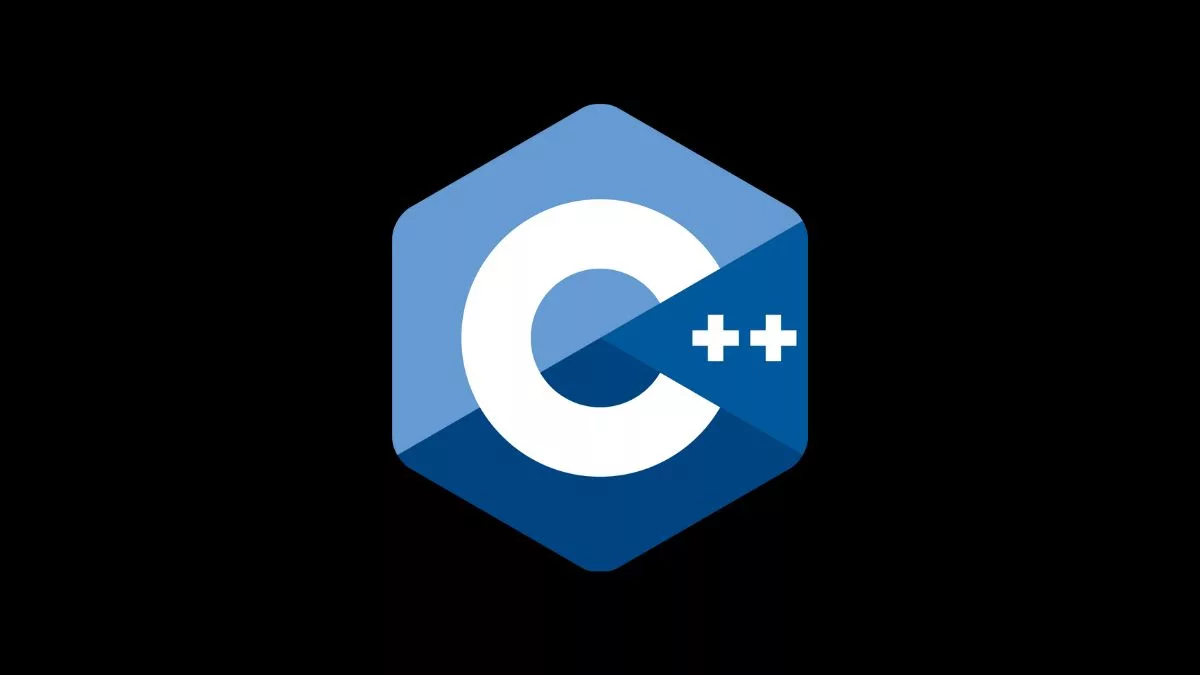Blog

Navigating the Dreaded “Stack Smashing Detected” Error in C and C++
Discover how to tackle the "stack smashing detected" error in C and C++ programming, delving into its causes, prevention strategies, and solutions. This guide covers secure coding practices, compiler protections, and debugging tips to help developers create more secure and stable applications by addressing and preventing buffer overflow vulnerabilities.

Murder Mystery 2 Values – MM2 Values
Explore the comprehensive guide to collecting items in Roblox's Murder Mystery 2, covering efficient strategies for acquisition, the significance of item rarities, and a detailed list of items with their values. Perfect for players aiming to complete their collection and enhance their gameplay experience.

Resolving “Cannot Open Shared Object File” Errors in Linux
Discover how to troubleshoot and resolve the "cannot open shared object file" error in Linux. This guide covers common causes such as missing libraries, library path issues, version mismatches, and outdated library caches, offering step-by-step solutions and best practices for prevention to ensure your applications run smoothly.

Navigating “are in unnamed module of loader ‘app'” in Java: Insights and Solutions
Explore solutions for the "are in unnamed module of loader 'app'" warning in Java, related to the module system and class loaders. This article demystifies the warning, explains its causes, and provides strategies for migrating to modules, adjusting reflective access, or assessing the need for action, ensuring your Java applications are up-to-date with modularization best practices.

Skipping Tests in Gradle Builds: When and How
Learn how to skip tests in Gradle builds efficiently, including command line options, build file configurations, and using Gradle properties. This article covers valid scenarios for bypassing tests, provides practical steps for implementation, and emphasizes best practices to ensure code quality is maintained.

Understanding and Resolving “Could Not Initialize Proxy – No Session” in Hibernate
Explore how to resolve the "Could Not Initialize Proxy - No Session" error in Hibernate, understanding its causes related to lazy loading and session management. This guide offers practical solutions, including session management strategies and fetching techniques, to prevent this common issue in Java applications utilizing Hibernate for ORM.

How Variable Appending Works in Bash
Explore techniques for appending text to variables in Bash scripting, including basic appending, adding new lines, looping, and incorporating command output. This article offers insights and examples for effectively managing and manipulating string data, along with best practices for handling special characters and improving script performance.

Enhancing Java Class Design: Adding a Private Constructor to Hide the Implicit Public One
Learn how to enhance your Java class design by adding a private constructor to prevent the instantiation of utility, singleton, or static method-only classes. This article explores the reasons, benefits, and implementation techniques for hiding the implicit public constructor, ensuring your classes are used as intended.

Splitting Strings into Arrays in Bash: Techniques and Examples
Explore techniques for splitting strings into arrays in Bash, including using IFS and read, parameter expansion, and awk. This article provides practical examples and best practices to help you manipulate and process string data effectively in your Bash scripts.

Understanding and Resolving the “Unary Operator Expected” Error in Bash
Discover how to troubleshoot and fix the "unary operator expected" error in Bash scripts. Learn about common causes like unquoted variables and syntax mistakes, and explore practical solutions, including quoting variables and using default values, to write more robust and error-free scripts.
